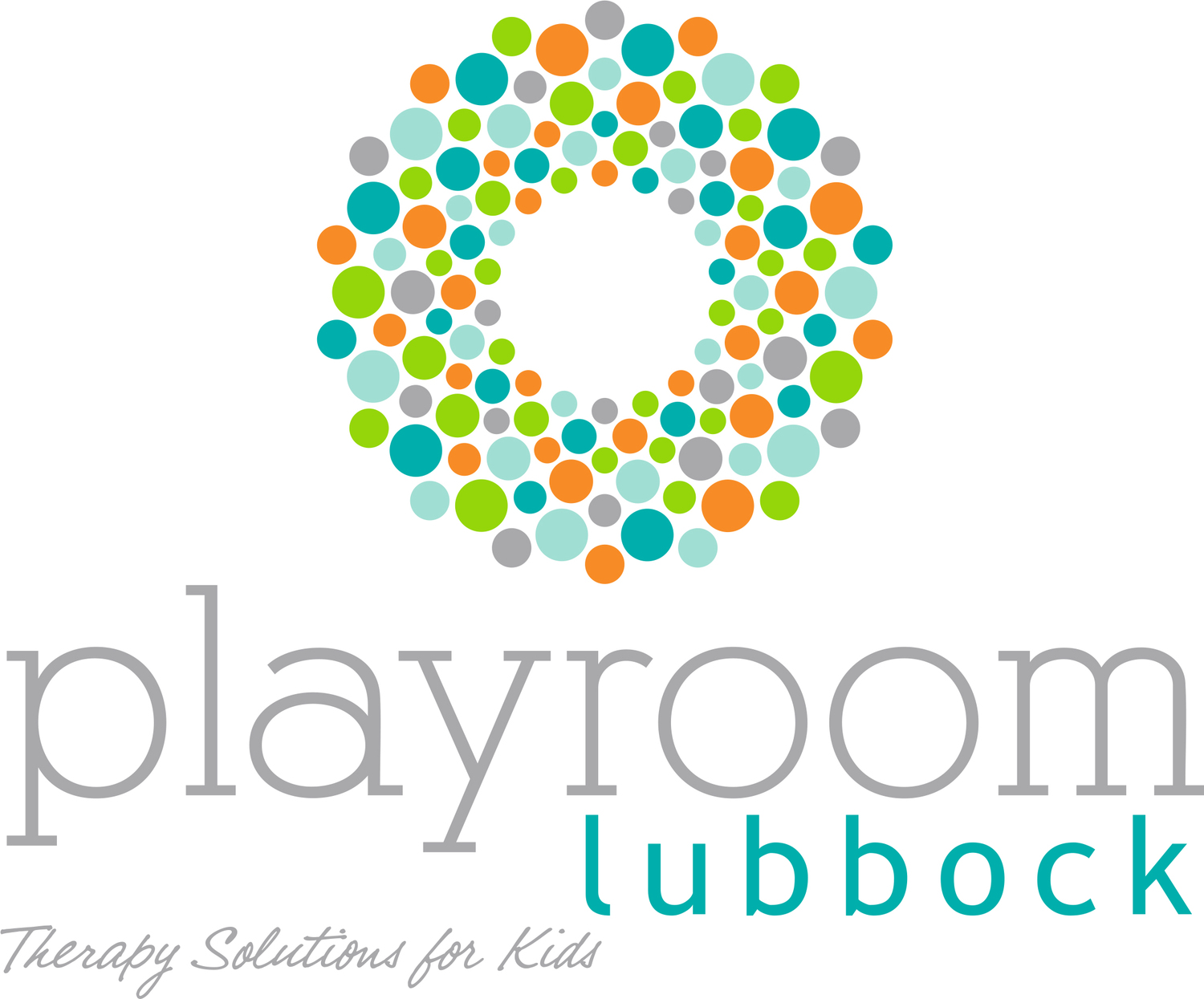This is a very common and wonderful goal we hear parents communicate about their child. How is that accomplished through play therapy?
Continue reading to discover how.
Theory of mind (ToM) is the ability to understand that other people have mental states, such as beliefs and desires, and that those mental states guide their behavior. Children typically develop ToM between the ages of 3 and 5, but the process is gradual and can continue throughout life.
Empathy is a complex skill that develops throughout childhood and life. Empathy is shaped by a range of factors including genetics, temperament, context, and environment.
In play, children take the real and possibly mundane or tragic parts of life, and mold them into new perspectives on objects, people, and events. They invent, role play, and impersonate. "This ability to switch perspectives on the world and inhabit someone else's skin results in an early understanding of other people's minds.” Evan Kidd. During play therapy, the play therapist helps the child integrate discovery, knowledge, memory, and real time experience. This integration creates new brain pathways—pathways that recognize the underpinnings of empathy and perspective taking because of what was discovered and experienced during play. Play therapy helps a child to recognize feelings in herself, regulate her own emotional responses, imagine how someone might feel, and imagine what kind of action or response might help.
That is empathy.

